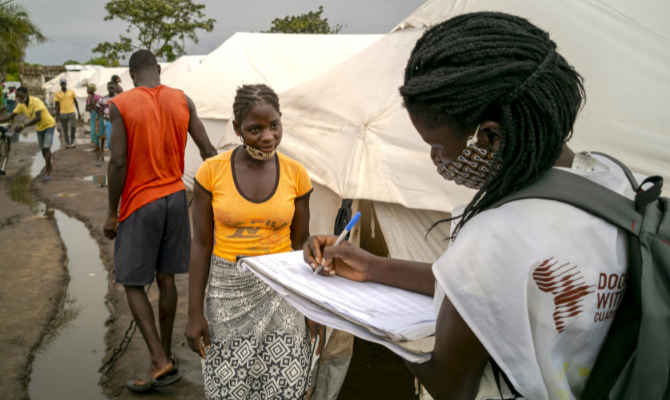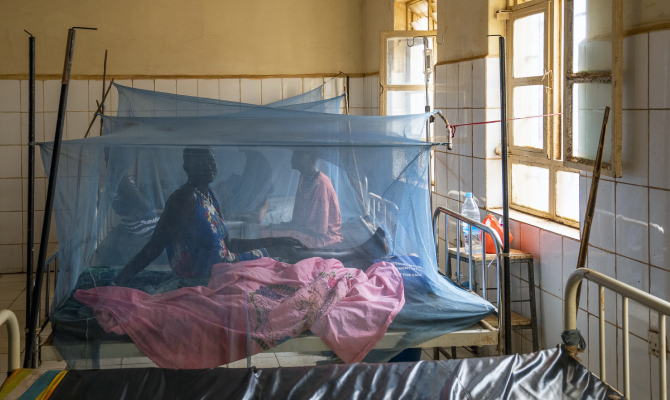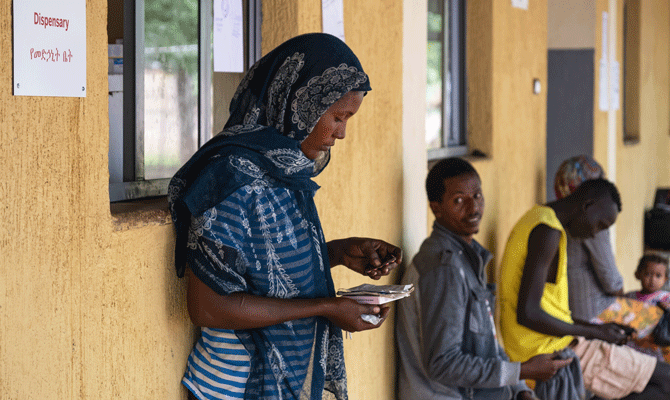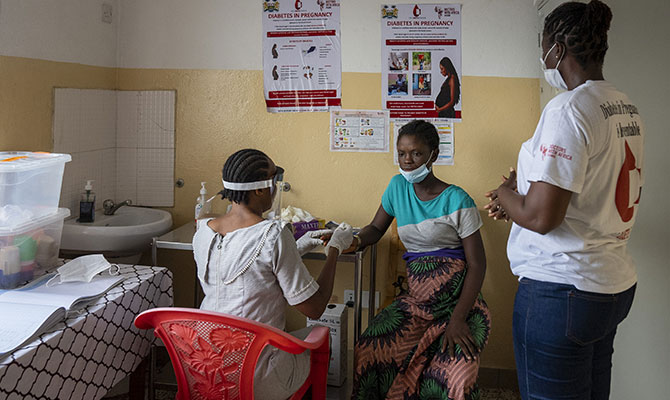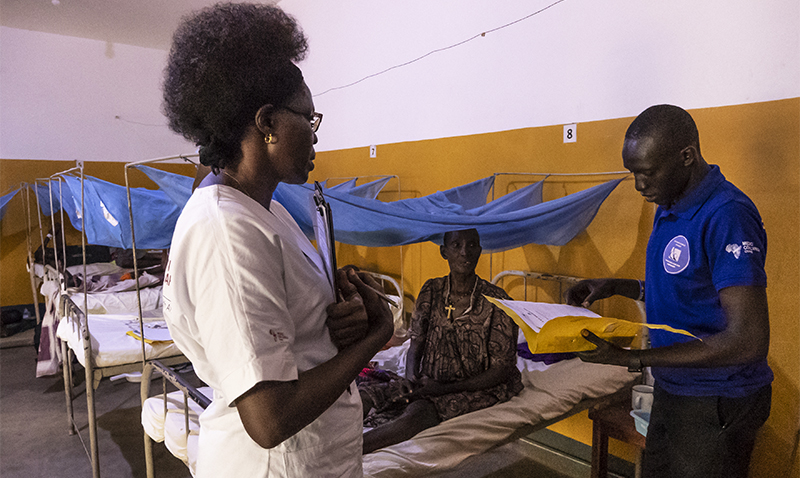“No health without mental health”. This is the message chosen by the World Health Organisation to mark International Mental Health Day, which occurs every 10 October. Established in 1992, the anniversary was created with the aim of promoting mental health awareness against all forms of social stigma. The aim of the 2022 edition is to make mental health a global priority, for everyone, in every corner of the world.
“Mental illness – says Giovanni Putoto, CUAMM’s Head of Programming and Scientific Area – is one of the most forgotten sufferings in Italy as in Africa. Our country has been courageous: thanks to the Basaglia law, it took a big step forward, de-institutionalising the approach to the patient. Africa, on the other hand, is still in the early stages of understanding mental illness, which has many facets. CUAMM, particularly in Mozambique, tries to respond to the most fragile categories of people with mental health conditions: adolescents, particularly HIV-positive ones, who experience a state of real suffering both because they are infected, and because with the Coronavirus pandemic they have suffered, considerably, from loneliness. We see poverty of diagnosis and poverty of services. In collaboration with the local authorities, then, we began to include the figure of the psychotherapist or clinical psychologist to support adolescents with HIV. Resources are extremely limited and the African models are different from what we are used to. In the “Western world”, professionals work in multidisciplinary teams: there is not only the clinical psychologist, who does individual or group psychotherapy, we have a neuropsychiatrist and many other competent figures. In Africa this does not happen.
A second aspect we observe concerns the value of the social response through the contribution of local youth associations. All people, young people first and foremost, have specific communication codes, spaces they frequent, and if we are able to involve them in a positive sense, they make an important contribution to reducing psychological discomfort, supporting peers who have behind them experiences of great marginality and relational suffering, especially within the family.
Another category at risk are women victims of gender-based violence: verbal, physical, sexual, economic. Again, the type of approach we are trying to give is aimed at people living in very stressful situations: women in internal displaced people camps. Young people who have lost their roots, their minimum security and are in a state of permanent precariousness. The approach, following international indications, is to provide them with a safe place and assistance that touches on three dimensions: the health one; the psychological one (to understand if there is a form of discomfort, a pathology, such as depression, anxiety); that of legal assistance, which we do not give as CUAMM, but rely on local associations”.
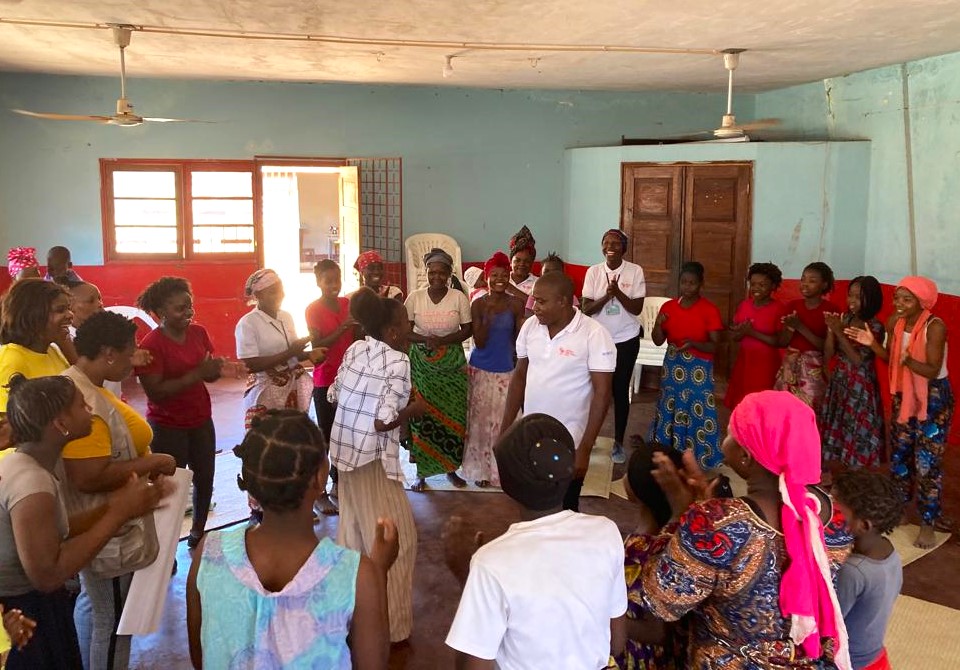
“We have involved – explains Giulia D’Odorico, coordinator in Pemba (Cabo Delgado) of a project on gender-based violence – all those figures who are fundamental at community level, such as traditional healers and midwives, community health workers. It is important to seek a dialogue with them, who act as a bridge and are central actors in responding to the needs of the population. We have organised awareness-raising activities, such as community theatre and meetings aimed at adolescents and women, promoting some good practices to identify support networks to deal with the issue of mental health: first of all, family and friends, then the possibility of seeking more specialist help through CUAMM and health centres’ services”.
“The greatest risk factor for mental illness – Putoto concludes – is loneliness, and in Africa more and more people are suffering from it, from migrants to displaced persons, all those at the edge of the world. Today, loneliness is no longer considered just a psychological trait, but a health risk factor. CUAMM’s answer, meanwhile, is in “BEING WITH”. We share and we build. With strength, constancy and patience to offer care paths.
There is no lack of virtuous examples, such as the mental health clinic in Wolisso, Ethiopia. A structure that works… and has patients! Just like the projects active in South Sudan and a research in the offing in Tanzania. Small but great results for Cuamm, which fights all year round against all forms of social stigma”.


